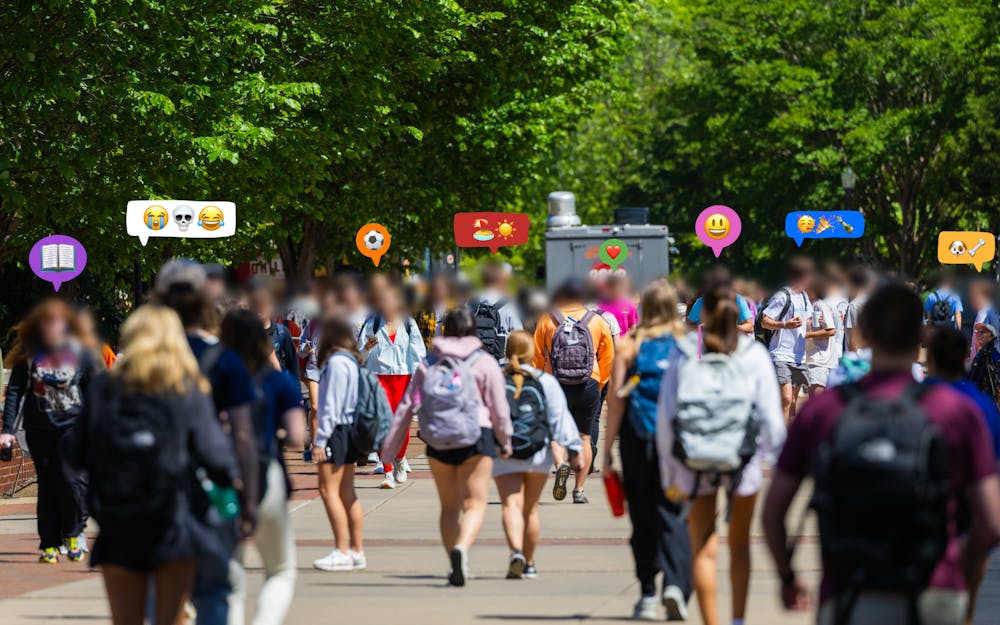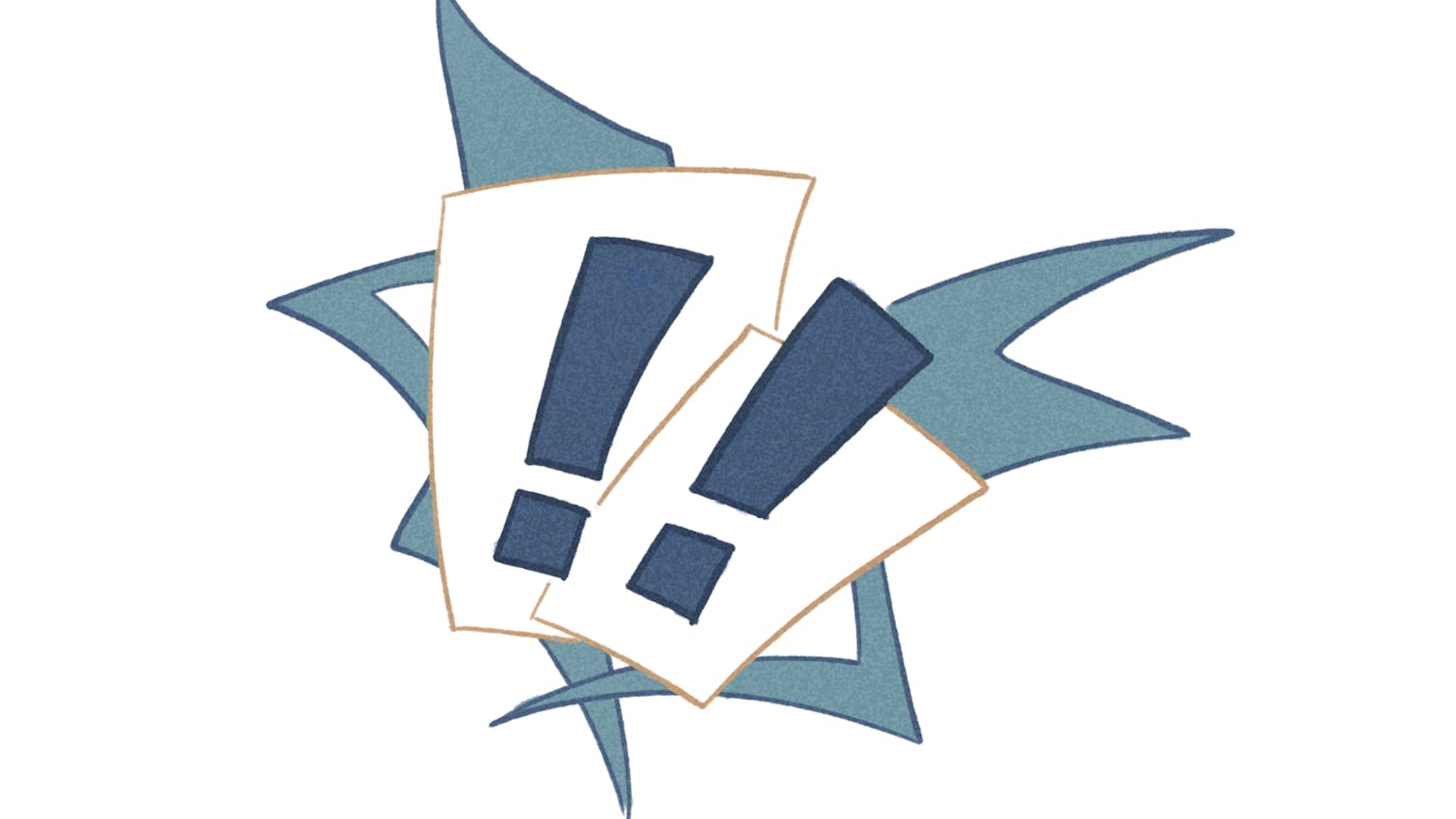In the age of the internet, our actions are under constant scrutiny, whether we know it or not.
The term “digital footprint” has been etched into the minds of high school and college-aged students around the country, who have been urged to act wisely online. To many, these words have lost all meaning due to their prevalence in the classroom and mainstream media. Nonetheless, it’s not uncommon that students’ reputations are ruined by what they’ve said or posted on the internet.
Just this year, an 18 year-old honors student at Florida International University was arrested after allegedly posting bomb threats from an anonymous Instagram account. The student claimed that the posts were “a joke” and has since expressed remorse for his actions, but he faces up to 15 years in prison.
Similarly, in 2014 Harvard rescinded their admission of 10 students who exchanged racist and anti-Semitic messages in a Facebook group chat of incoming students.
The social media app YikYak, a platform for college students to anonymously connect with one another, has often been the source of such incidents. It has a strong presence at Auburn, particularly among freshmen, who use it to discuss a variety of topics related to the university. Although the site boasts of its potential for community and positive impact, it is riddled with gossip, bullying and hate.
This was apparent during Auburn’s 2024 rush season, when a small number of YikYak users in sororities “blacklisted” and “name-dropped” potential new members, reducing their chances of receiving a bid. The situation grew so fraught that our Panhellenic Council had to contact YikYak on multiple occasions to try to limit such behavior.
YikYak’s guise of anonymity encourages individuals to express outlandish opinions, often for the purpose of gaining attention from peers. What is left unsaid, however, is that users can be identified by their IP addresses if they make a threatening post, leaving them liable to legal consequences.
In 2016, for example, a Clemson University student was arrested and charged with a misdemeanor after making three threatening, racist posts on the platform. Regardless of his outcome in court, information on the case remains readily available to any prospective employer who cares to look.
Two Iowa State freshmen met an even worse fate in 2022, when they instructed peers on YikYak to avoid certain campus locations that would presumably be attacked. The students were ultimately charged with “threat of terrorism,” to which they both pled guilty.
Further, after it was bought out by SideChat in 2023, YikYak required users to verify their status as college students by linking their accounts to university emails. Thus, users are now associated with their posts even more than before, and their identities can be revealed whenever law enforcement deems necessary.
Of course, anyone with an iota of common sense would never make such posts, but it is far easier to do so when one perceives them to be untraceable. The instances highlighted above are no doubt extreme, but it’s possible that students can be punished for less.
A naive student need only be emboldened once by the promise of anonymity to make a joke that could ruin their life. Worse, it is likely that they won’t even mean what they say; all they want is some sort of recognition or internet popularity.
At the end of the day, little good can come from YikYak on college campuses. Any open discourse it provides is outweighed by the bigotry and hate that it spreads. And although anonymity has proved important in the past for highlighting controversial issues, YikYak has never, and will never, be the hub of such momentous change.
True advocates for justice and positivity do so in the light, not behind the guises of anonymity and screens.
Though a ban on the platform is unlikely, and perhaps unreasonable, students would be better off avoiding it altogether. However, if they choose to stay active on YikYak, they should remain aware that they are never truly anonymous.
Do you like this story? The Plainsman doesn't accept money from tuition or student fees, and we don't charge a subscription fee. But you can donate to support The Plainsman.
Sami Grace Donnelly, Emily May, Piper Bosart, Brychelle Brooks, Madison Champion, Luca Flores, Michaela Yielding, Rachel Swan, Grace Heim, Ella Walton, Sam Vise, Chase Morgese, Emma Miller.





